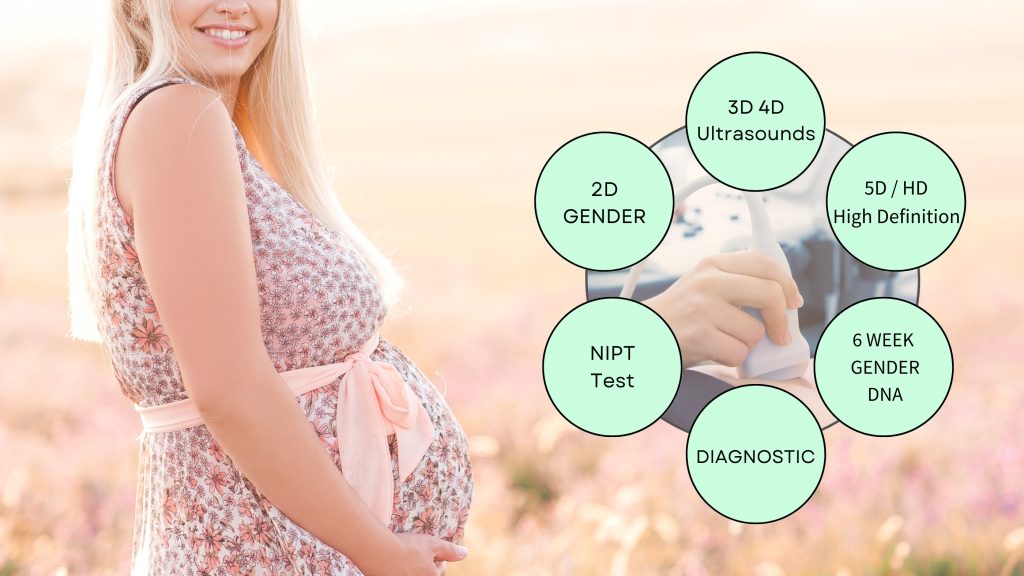Women slowly begin to step into the shoes of motherhood since the early days of pregnancy. As time passes, anticipation and excitement take over the couple, eagerly waiting for their little bundle of joy. The blissful journey requires constant monitoring for the well-being of the mother and her baby inside the womb. Prenatal screening tests are one such procedure that expectant mothers must take to determine the likeability of any birth defect in their baby. These tests are essential from the medical viewpoint as they provide meaningful information about the unborn child.
In this article, we talk about the different prenatal screening tests that are conducted over the course of pregnancy.
About Prenatal Screening Tests
Pregnant mothers have to undergo a set of procedures to determine if their baby is developing normally or not. Being one of the most important parts of pregnancy, prenatal screening tests keep the parents updated about the baby’s development inside the womb. Through these tests, doctors can identify the risk or probability that a particular condition exists. Some tests are a routine procedure. For instance, glucose tolerance tests are performed to detect gestational diabetes. Also, women under a higher risk of conceiving may have to undergo some additional tests. For example, women living in the regions where tuberculosis is prevalent have to take a tuberculin skin test.
Timings Of These Tests
As pregnancy is divided into three trimesters, each one requires a different set of prenatal screening tests depending upon time. The first-trimester tests usually begin as soon as the mother enters her 10th week of pregnancy. While second-trimester screening tests are conducted between 14 and 18 weeks. Several conditions that may affect the baby are checked upon with these tests.
The prenatal screening tests are usually performed during the first and second trimesters. On rare occasions, some are performed during the third trimester.
First Trimester Screening Tests
Ultrasound
A symbolic non-invasive prenatal test that resonates with pregnancy due to its safety quotient and quality results. Using the sound waves, ultrasound imaging determines the size and position of your baby. Also, doctors can check for any potential abnormalities in the baby.
Early gender reveal Blood Tests
Blood tests are performed during the first trimester to measure the levels of pregnancy-associated plasma protein-A and a hormone called human chorionic gonadotropin. Abnormal levels of either is an indication of chromosome abnormality.
Chorionic Villus Sampling
An invasive screening test in which a small piece of tissue is drawn out from the placenta to test for genetic abnormalities such as Down syndrome and birth defects. It is usually performed between the 10th and 12th weeks.
Second Trimester Screening Tests
Blood Tests
The blood test during the second trimester is performed to test your blood to detect birth defects by measuring four fetal proteins.
For more information, contact Mommy and Me, the best ultrasound company in San Diego.

